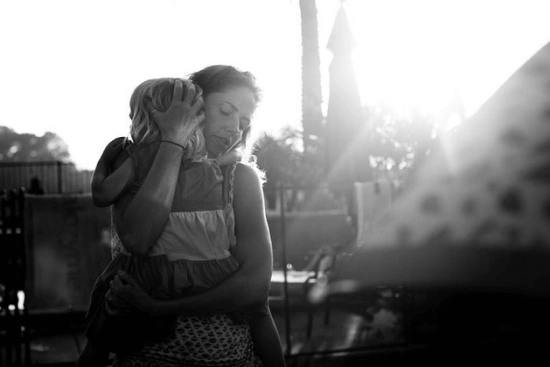1
A beše na celoj zemlji jedan jezik i jednake reči.
2
A kad otidoše od istoka, nađoše ravnicu u zemlji senarskoj, i naseliše se onde.
3
Pa rekoše među sobom: Hajde da pravimo ploče i da ih u vatri pečemo. I behu im opeke mesto kamena i smola zemljana mesto kreča.
4
Posle rekoše: Hajde da sazidamo grad i kulu, kojoj će vrh biti do neba, da stečemo sebi ime, da se ne bismo rasejali po zemlji.
5
A Gospod siđe da vidi grad i kulu, što zidahu sinovi čovečiji.
6
I reče Gospod: Gle, narod jedan, i jedan jezik u svih, i to počeše raditi, i neće im smetati ništa da ne urade šta su naumili.
7
Hajde da siđemo, i da im pometemo jezik, da ne razumeju jedan drugog šta govore.
8
Tako ih Gospod rasu odande po svoj zemlji, te ne sazidaše grada.
9
Zato se prozva Vavilon, jer onde pomete Gospod jezik cele zemlje, i odande ih rasu Gospod po svoj zemlji.
10
Ovo je pleme Simovo: beše Simu sto godina, kad rodi Arfaksada, druge godine posle potopa.
11
A rodiv Arfaksada požive Sim pet stotina godina, rađajući sinove i kćeri.
12
A Arfaksad požive trideset i pet godina, i rodi Salu;
13
A rodiv Salu požive Arfaksad četiri stotine i tri godine, rađajući sinove i kćeri.
14
A Sala požive trideset godina, i rodi Evera;
15
A rodiv Evera požive Sala četiri stotine i tri godine, rađajući sinove i kćeri.
16
A Ever požive trideset i četiri godine, i rodi Faleka;
17
A rodiv Faleka požive Ever četiri stotine i trideset godina, rađajući sinove i kćeri.
18
A Falek požive trideset godina, i rodi Ragava;
19
A rodiv Ragava požive Falek dvesta i devet godina, rađajući sinove i kćeri.
20
A Ragav požive trideset i dve godine, i rodi Seruha;
21
A rodiv Seruha požive Ragav dvesta i sedam godina, rađajući sinove i kćeri.
22
A Seruh požive trideset godina, i rodi Nahora;
23
A rodiv Nahora požive Seruh dvesta godina, rađajući sinove i kćeri.
24
A Nahor požive dvadeset i devet godina, i rodi Taru;
25
A rodiv Taru požive Nahor sto i devetnaest godina, rađajući sinove i kćeri.
26
A Tara požive sedamdeset godina, i rodi Avrama, Nahora i Arana.
27
A ovo je pleme Tarino: Tara rodi Avrama, Nahora i Arana; a Aran rodi Lota.
28
I umre Aran pre Tare oca svog na postojbini svojoj, u Uru haldejskom.
29
I oženi se Avram i Nahor, i ženi Avramovoj beše ime Sara a ženi Nahorovoj ime Melha, kći Arama oca Melhe i Jeshe.
30
A Sara beše nerotkinja, i ne imaše poroda.
31
I uze Tara sina svog Avrama i Lota sina Aronovog, unuka svog, i Saru snahu svoju, ženu Avrama sina svog; i pođoše zajedno iz Ura haldejskog da idu u zemlju hanansku, i dođoše do Harana, i onde se nastaniše.
32
I požive Tara svega dvesta i pet godina; i umre Tara u Haranu.







